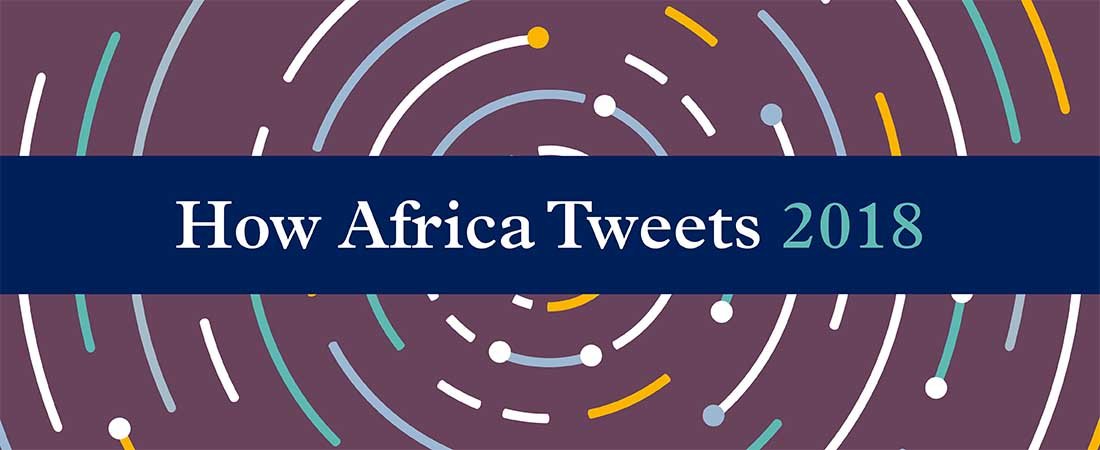In a post-truth world filled with fake news, allegations of malign influence on elections and electoral fraud, social media has taken on an increasingly important role.
More than just a vehicle for the dissemination of information, it provides a microcosm of how conversations are evolving both online and offline.
Africa is not immune from the phenomenon.
For our fourth study into How Africa Tweets, we identified the top Twitter influencers across ten elections – in Angola, Egypt, Equatorial Guinea, Kenya, Lesotho, Liberia, Rwanda, Senegal and Somaliland.
While debate buzzed online, the findings highlight that 53 per cent of the leading Twitter voices on the continent during the past year came from outside the country in which the elections were contested.
More than that, 54 per cent of the top influencers were from outside Africa itself – with the US leading the way, followed by the UK, France and Spain.
Meanwhile, bots, and accounts displaying machine-like behaviour, were active across all elections, particularly in Kenya, where they accounted for a quarter of all influential accounts. After the elections were over, many of these bots ceased to exist or moved onto contentious issues in other countries.
At first glance, this makes for worrying reading. One positive is that established journalists and news outlets consistently ranked in the top three influencers across all elections. With fake news and bots taking increasing airtime, people continue to search for traditional sources of verified, accurate information.
Absent politicians
One of the more surprising findings from the study was the influence, or lack of, politicians had on the debate. Despite being talked about vigorously, politicians themselves were absent from the conversations that centred on them.
For example, in Kenya, the number of politicians influencing the Twitter discussion doubled between the first and second election, but still failed to reach ten per cent. Meanwhile, in Senegal, not one politician was identified among the influential handles. A notable exception was Rwanda, which had the highest number of influential politicians and governmental organisations: one in every three influential handles.
The study shows that being part of the conversation is increasingly important. The alternative is to leave a vacuum that will be filled by other voices.
But reaching audiences on social media requires more than just regularly posting engaging content – just broadcasting is no longer enough. As with any successful communication, it’s about understanding the people you’re talking to. And to make the most of key channels, organisations need to spend time identifying and building relationships with the people who influence the issues-based conversations that they care about.
Right time, right channel
Social media is always on the move. Like the rest of the world, as audiences across the continent become increasingly connected, there is an equally increasing need for politicians, civil society groups, businesses and other organisations to communicate through a tailored multi-channel approach.
Clearly, Twitter will remain an important platform for people to access news and join the debate. But in a dynamic landscape, the growth of closed networks like WhatsApp, Facebook Messenger and Telegram has seen people shifting away from public sources of information. Influencing narratives means “getting inside the loop” and taking arguments to where people are, instead of relying on them coming to you.
All of these developments present obstacles for politicians and organisations – how do you get to the right people, at the right time, on the right channel? It’s not a one size fits all answer. The challenge requires a creative response, a genuine understanding of your audiences and a willingness to engage thoughtfully with new channels as they evolve.

